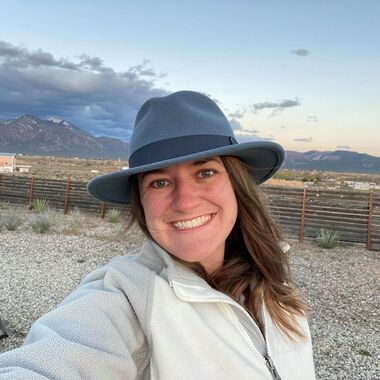Kelly Morman
Greater Delta: Mississippi & Arkansas '11
Kelly Morman shares how her corps experience led her to seek opportunities for career growth in rural community development.
Q&A
What led you to pursue a master's degree in Public Affairs after the corps?
I always planned on attending graduate school after the corps, but I wasn’t sure what program I would pursue. While I considered programs in communications and education, I ultimately decided to get my Master's in Public Affairs from Indiana University because I felt that it would allow me to best meet the needs of my students. I wanted to alleviate concerns about food insecurity, after-school opportunities, and youth activities.
How has the TFA network helped you navigate your career?
I interacted with lots of different Teach For America staff over the years. I was particularly interested in connecting with TFA staff to learn more about their career pathways. I attended alumni events in Ohio and Indianapolis to build connections and leverage TFA’s partnership with Leadership for Educational Equity (LEE) to build my skillset through training and to position myself as someone equipped to engage in education policy.
Where does your passion for rural educational equity stem from?
I grew up in rural northern Ohio but taught Spanish as a corps member in rural Arkansas. From the moment I began the corps at institute in the Delta, I recognized the distinct differences in the educational experiences of my students from what I had experienced in my hometown. I saw firsthand that so many aspects of poverty in rural areas are both similar and different from poverty in urban areas.
How do you see education as a lever for change in rural areas?
In many rural counties, school districts are the largest employer in the county, creating an opportunity for a clear point to connect with several community members, hear their needs, and create opportunities to address those needs.
In my work, I think about the hub and spoke model and how schools can be the center of a community—a place of intersection and connection. I strongly believe educators in rural communities have incredible power and can spark change as prominent community leaders whose influence surpasses their classroom and school doors.
